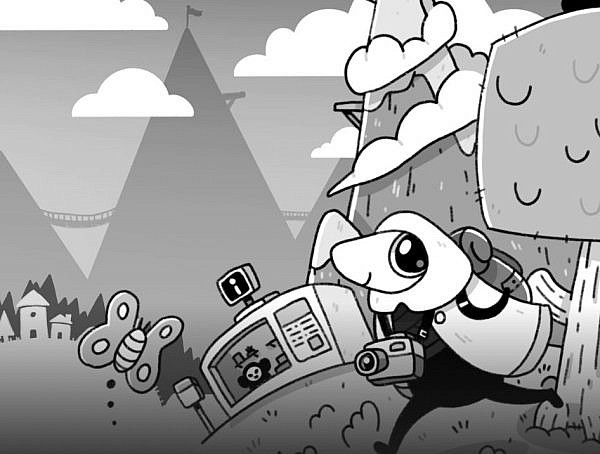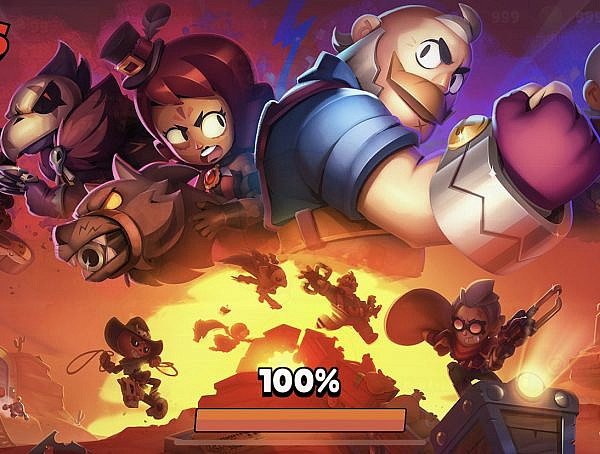In their article “Virtual Warfare: Cyberbullying and Cyber-Victimization in MMOG Play”, Mary Elizabeth Ballard and Kelly Marie Welch (2015) study cyberbullying and cyber-victimization in Massively multiplayer online games (MMOG) with an online survey. The survey was emailed to students from a liberal arts university, and posted on Facebook and on gaming forums on Reddit.
They note that the term bullying in the traditional context usually requires three things to be identifiable as such: repetition over time, an intention of causing harm, and the existence of a power differential between the victim and the perpetrator. Cyberbullying, on the other hand, is harder to define, as studies have shown that it is sometimes a) hard to define intent, b) not repetitive due to a larger audience, and the fact that negative messages can be viewed repetitively by the victim, and c) hard to define power imbalance, as it can take on a different form (game rank, tech savviness), and e.g. game rank can be taken away by reporting the perpetrator.
Cyber-victimization was hypothesized to occur more often for non-male, and non-heterosexual individuals with expectations that females would experience more victimization regarding sexual behavior (gender and sexual orientation were taken into account due to such hypotheses), and that males would report higher rates of cyberbullying than females. It was also hypothesized that cyberbullying and cyber-victimization would be common in MMOGs, and correlate strongly with each other.
The online survey reported that the mean age of the repliers was 21 (age range was 18-52), all replies were from the United States, and over half of the repliers reported being cyberbullied in the past 2-3 months prior to taking the survey. The percentages for being the perpetrator dropped drastically from 22% in “once or twice in 2-3 months” to 6% in “2-3 times a month”, and 2% in “once a week”; whereas the numbers for being the victim went down a little more steadily from 25% in “once or twice in 2-3 months” to 11% in “2-3 times a month”, and 9% in “once a week”. The most common forms were name calling (52%), use of profanities (50%), and sexual name calling (48%).
Game rank was the most cited reason for both victims and perpetrators, so power differential plays a major role in cyberbullying and cyber-victimization in MMOG’s. Anonymity played a big role as well, with approximately half of all bullying being done anonymously according to the survey. It was also noted that a large number of repliers only reported bullying or victimization once – this means that repetition is not always necessary. The survey also revealed that females engaged more in cross-sex bullying, and males more in same-sex bullying. It was also shown that females did not report higher overall rates of cyber-victimization than males, but they reported e.g. much higher rates of sexual harassment than males. Similarly, LGBT participants reported similar rates of victimization overall, but at the same time reported much higher rates of excessive sexual pursuit than heterosexuals.
Many scholars believe that the traditional definition of bullying does not hold up in online contexts. Hence, future research on cyberbullying and cyber-victimization should focus more specifically on the three aspects that define traditional bullying: repetition, intent, and power.
Original article: Virtual Warfare: Cyberbullying and Cyber-Victimization in MMOG Play
Original article accessible from: http://journals.sagepub.com/doi/full/10.1177/1555412015592473
Authors: Mary Elizabeth Ballard and Kelly Marie Welch
You might also like
More from Game Research Highlights
How do you want to do this? – A look into the therapeutic uses of role-playing games
Can playing RPGs contribute positively to your wellbeing? A recent study aims to find out how RPGs are being used …
Eldritch horrors and tentacles – Defining what “Lovecraftian” is in games
H.P. Lovecrafts legacy lives today in the shared world of Cthulhu Mythos and its iconic monsters. Prema Arasu defines the …
Are Souls Games the Contemporary Myths?
Dom Ford’s Approaching FromSoftware’s Souls Games as Myth reveals the Souls series as a modern mythology where gods fall, desires …
















